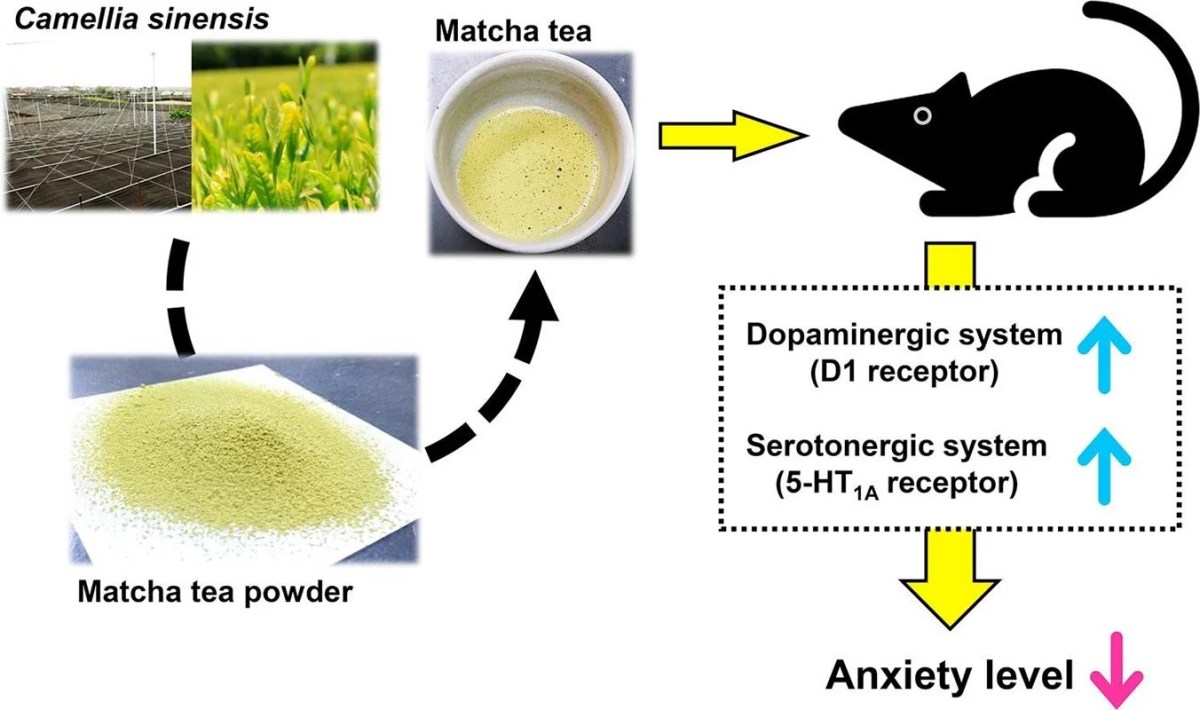
“We’re facing a tremendous epidemic with teen anxiety and depression, and we wanted to find an early marker that predicted the development of anxiety, depression and attentional symptoms,” said the study’s lead author, Susan Whitfield-Gabrieli. She’s a professor of psychology and director of the Northeastern University Biomedical Imaging Center, in Boston.
In a small sample of less than 100 children without known mental health concerns, the research team found that connections in certain areas of the brain seen at age 7 could help predict mental health concerns that developed four years later.
“The study could have great clinical implications,” Whitfield-Gabrieli said...
Read More









Recent Comments